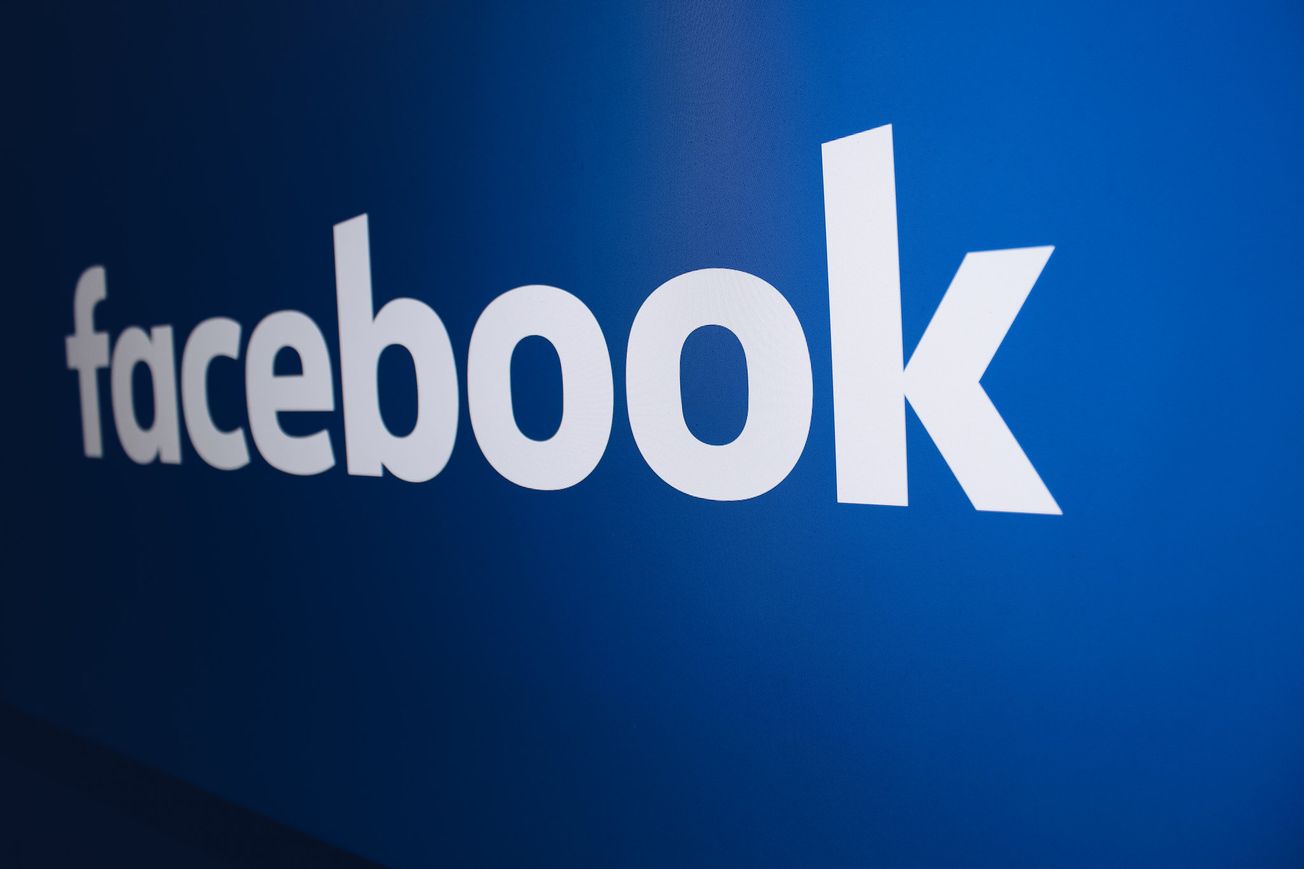Savage Game Studios, a mobile game developer, was acquired by Sony on August 29, to the shock of PlayStation fans. With this news, PlayStation Studios Head Hermen Hulst revealed that the company would be launching a new PlayStation Studios Mobile Division, which "will operate independently from our console development and focus on innovative, on-the-go experiences based on new and existing PlayStation IP." Microsoft's acquisition of Activision Blizzard, which will bring Candy Crush developer King and Blizzard mobile games into Xbox Game Studios, follows the launch of Backbone One — PlayStation Edition. The major console developers are putting more resources into mobile than ever before.
For dedicated gamers of consoles and PCs who have avoided mobile games due to negative experiences or opinions about the industry as a whole, such a shift may come as a shock. When you step back and consider the reality of mobile gaming, however, it becomes abundantly clear why two of the biggest names in console gaming would want to expand their reach to an even more global and lucrative market, particularly as markets outside the West continue to embrace mobile as the gaming platform of choice.
It's easy to overlook the massive success of mobile gaming in favor of console and PC gaming. Following Microsoft's Activision Blizzard acquisition announcement, Digital Trends spoke with George Jijiashvili, principal analyst at Omdia, who predicted that mobile gamers would spend $175 billion by 2022, compared to $62 billion by PC and console gamers in 2019. When asked about the gaming industry's future, Jijiashvili said, "If we look at our forecast for 2025, we expect the spend on console and PC games to remain relatively flat." But, "Mobile gaming is expected to expand at a rapid rate in the near future." Additionally, cloud gaming, which is popular on mobile and is predicted to grow in the coming years, is not included in Jijiashvili's estimates.
As gamers of previous generations upgrade to the PlayStation 5 and Xbox Series X, Jijiashvili predicted that the console gaming industry would remain healthy but relatively stagnant. Meanwhile, he claims that PC gaming is declining in popularity in Asia, emphasizing the fact that for games like PUBG, most resources are allocated to the mobile game first. before Activision Blizzard bought them out. According to Jijiashvili, Xbox "desperately lacked" (his words) a solid presence in the mobile gaming market, and we can see that the same was true of PlayStation (before the Savage Game Studios acquisition) at the present time. Companies like King and Zynga meant much more to mobile gamers for a long time than PlayStation and Xbox did to console players.
However, mobile gaming allows these businesses to reach an even wider audience. Yes, over 20 million PS5 and 117 million PS4 consoles are out there, but especially in Asian markets, mobile games will give PlayStation and Xbox much more exposure. However, Jijiashvili cautions that having a mobile studio alone isn't enough to ensure success, as Asian mobile players prefer "more hardcore games from the battle royale and MOBA genres, which have achieved great popularity and deliver strong performance." Even so, Microsoft and Sony will soon have a larger presence than ever before in markets where PC and console gamers are less prevalent.
It's important to remember that both Xbox and PlayStation have tried their hands at mobile gaming in the past, albeit with limited success. Microsoft pioneered Windows Phones, pushed SmartGlass integration into launch-day Xbox One exclusives, and is now making significant headway in mobile cloud gaming for consoles. Similarly, in the 2010s, PlayStation franchises like Uncharted, LittleBigPlanet, and even Knack (Knack's Quest, ladies and gentlemen) got mobile games under the "PlayStation Mobile" banner. All of these purchases pointed to a resurgence of enthusiasm for creating mobile-only video games. As the Activision Blizzard deal has yet to close, it is impossible to know what Microsoft has planned for King in the long run. However, Hulst made the role of Savage Game Studios within PlayStation Studios crystal clear.
"As we assured you before with our plans to bring select titles to PC, our efforts beyond console in no way diminish our commitment to the PlayStation community, nor do they squelch our passion to keep making amazing single-player, narrative-driven experiences," he says. Later he says, "Our mobile gaming efforts will be similarly additive, providing more ways for more people to engage with our content, and striving to reach new audiences unfamiliar with PlayStation and our games."
It's clear that this acquisition is part of PlayStation's effort to catch up in a major gaming market that it hasn't fully embraced yet, much like Sony's recent push into live service, of which Savage Games Studios is also a part, with a live-service shooter in development. God of War and Horizon games have proven to be huge hits on consoles, but the company has an opportunity to expand its audience and earn even more money by releasing mobile versions of both franchises. We'll have to wait and see if Hulst's predictions come true, but it makes sense that Sony would make a concerted effort to expand into mobile after seeing such great success with console, PC, and VR.
Companies can increase their audience, brand awareness, and revenue by taking a more risky approach to mobile. Dedicated PC and console gamers often have valid reasons to dislike major publishers expanding into mobile gaming, but it's clear that game publishers and industry watchers see mobile as too big of a market to ignore.









